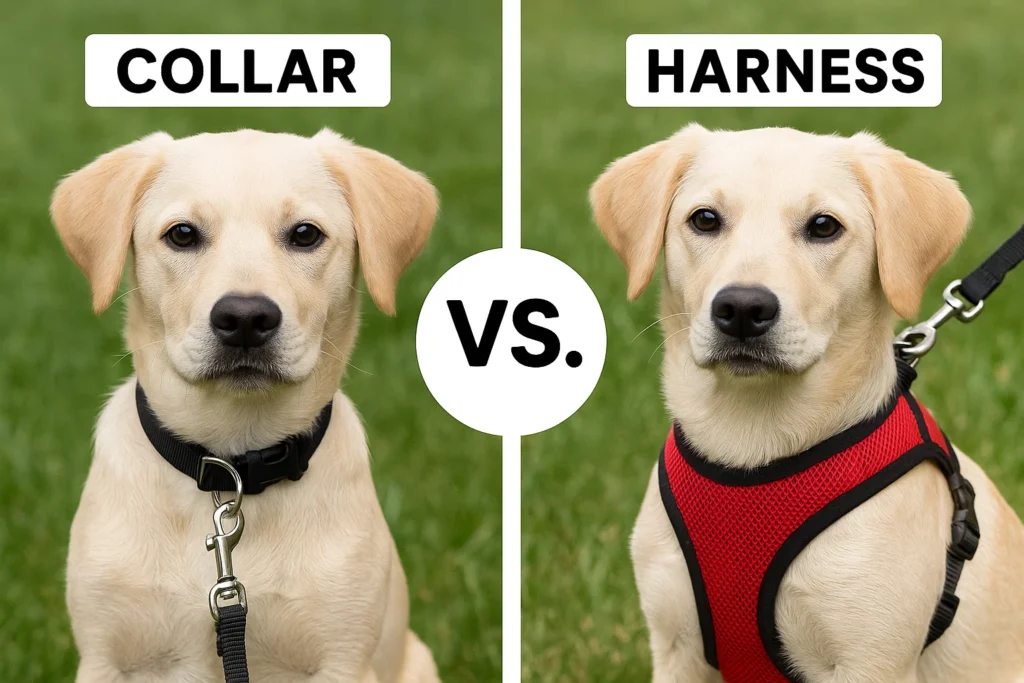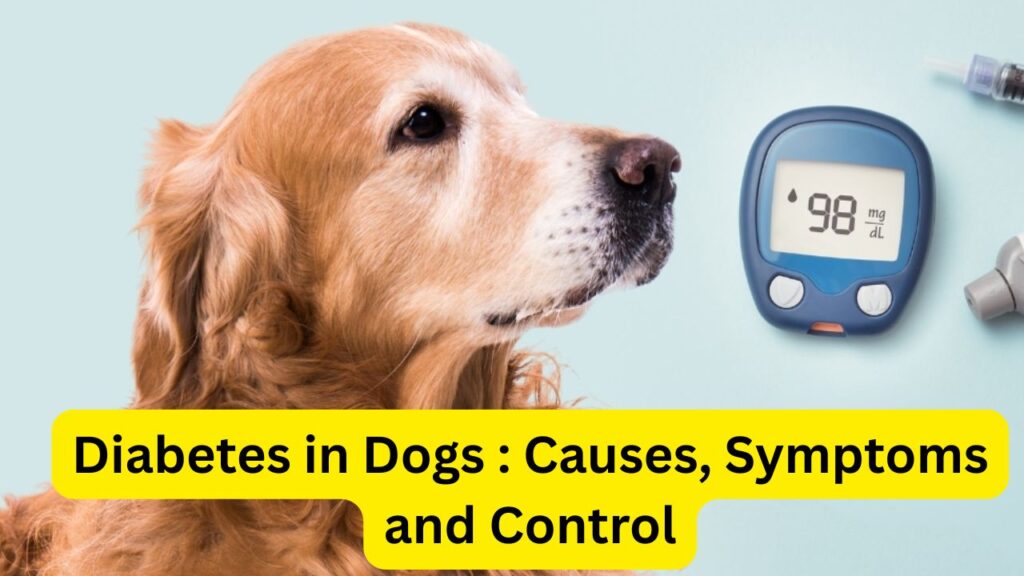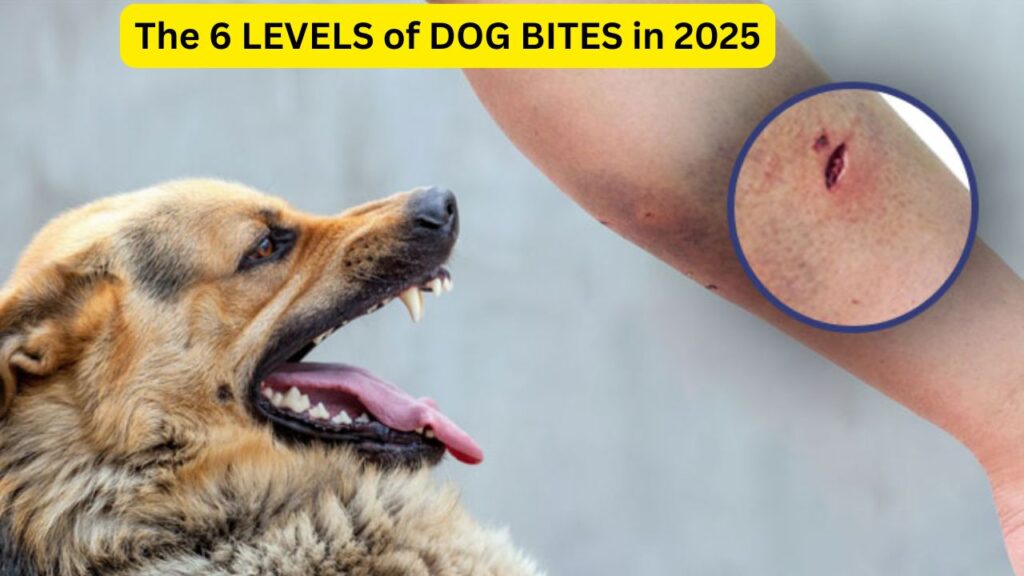We’re talking about something every dog owner should know common health issues in dogs and how to spot them our furry friends can’t tell us when they’re feeling unwell so it’s up to us to recognize the signs spotting these problems early can make a huge difference in your dog’s health and happiness.

in this article we’ll go over some of the most common health problems in dogs the warning signs to watch for and tips on when to consult your vet so if you’re a dog parent or thinking about becoming one stick around because this information could be a game changer for your pup’s well-being let’s dive in.
Canine Distemper Dogs Disease 2025: All stages with signs and possible treatment options
Importance of Monitoring Health Issues in Dogs
As a dog owner it’s essential to keep an eye on your pup’s Health dogs can’t tell us when something feels off so it’s up to us to notice any changes in their behavior appearance or habits regular Health monitoring helps you catch potential problems early, before they turn into something more serious one way to stay on top of things is to schedule regular vet checkups even if your dog seems perfectly healthy.
you can also keep a simple Health journal to track things like appetite energy levels and any unusual symptoms by staying proactive you’ll not only help your dog live a longer healthier life but also save yourself from unnecessary stress down the road
Health Issues in Dogs Skin Issues in Dogs
let’s start with skin issues which are some of the most common problems dogs face conditions like allergies hot spots flea infestations and infections can cause a lot of discomfort for your dog the signs to watch for include excessive scratching redness hair loss or unusual odors coming from their skin if your dog is constantly licking or chewing at a specific area that’s another red flag to prevent skin problems make sure to groom your dog regularly and use flee and tick prevention products if you notice persistent issues consult your vet to identify the underlying cause and get the right treatment
Digestive Problems Part Of Health Issues in Dogs
next up digestive problems are another common issue that can affect your dog’s overall health some of the most frequent symptoms include diarrhea vomiting and bloating you might also notice your dog losing their appetite experiencing weight loss or passing excessive gas bloating in particular is a serious condition that can be life-threatening and requires immediate Veterinary attention to help prevent digestive issues ensure your dog is eating a balanced diet and avoid giving them foods that could upset their stomach if the symptoms persist or seem severe don’t hesitate to contact your vet for guidance
Ear Infections Health Issues in Dogs
ear infections are another common health issue especially for dogs with floppy ears or those prone to allergies signs of an ear infection include frequent head shaking scratching at the ears redness swelling or a noticeable odor coming from the ear you might also see a discharge or notice that your dog seems sensitive when you touch their ears to help prevent ear infections clean your dog’s ears regularly using a vet recommended solution if you notice any of these symptoms it’s important to have your vet take a look as untreated ear infections can lead to more serious problems
Dental Health Health Issues in Dogs
dental health is another critical area that dog owners often overlook common problems include gum disease tooth decay and bad breath which can all lead to serious health issues if left untreated signs of dental problems include difficulty eating bleeding gums discolored teeth or excessive drooling one way to prevent these issues is by brushing your dog’s teeth regularly using dog safe toothpaste you can also provide dental treats or toys designed to clean their teeth and reduce plaque buildup if you notice persistent bad breath or other signs of discomfort it’s a good idea to schedule a dental checkup with your vet
Joint Problems and Arthritis Health Issues in Dogs
joint problems and arthritis are especially common in older dogs and larger breeds but they can affect any dog the signs to watch for include limping stiffness difficulty standing up or reluctance to climb stairs or jump onto Furniture your dog might also seem less interested in playing or more tired than usual to help manage joint issues your vet May recommend supplements like glucosamine or prescribe pain relief medications keeping your dog at a healthy weight and providing regular low impact exercise can also make a big difference if you notice these signs consult your vet to develop a plan that keeps your dog comfortable and Mobile
When to Seek Immediate Veterinary Care
sometimes it can be hard to know when a health issue requires immediate attention from a vet A good rule of thumb is to trust your instincts if something feels off it’s better to be safe than sorry certain symptoms should never be ignored like persistent vomiting or diarrhea trouble breathing or sudden changes in Behavior other warning signs include seizures extreme lethargy or visible pain when your dog moves or is touched.
if you’re unsure don’t hesitate to call your vet and describe the symptoms they can guide you on whether an appointment is necessary or if you should monitor your dog at home quick action can make all the difference in getting your dog the care they need
Preventive Care for Dogs Health Issues in Dogs
preventive care is the key to keeping your dog healthy and catching potential problems early first make sure your dog gets regular vet checkups annual visits or more frequent ones for Senior Dogs can help identify issues before they become serious vaccinations and parasite prevention like flea tick and heartworm treatments are also essential for their well-being a balanced diet plays a huge role in your dog’s health.
choose highquality food suited to their age size and breed and don’t forget to monitor portion sizes to maintain a healthy weight daily exercise and mental stimulation are just as important a tired active dog is often a healthy dog lastly regular grooming sessions give you a chance to check for skin issues lumps or anything unusual with consistent preventive care you can help your dog live a longer happier life
Conclusion Health Issues in Dogs
I hope you found these tips helpful in recognizing and preventing common health issues in your dog if you did make sure to give this video a thumbs up and share it with other dog owners have you ever dealt with any of these health issues in your dog
Overview Table of Common Dog Health Issues
| Health Issue | Common Signs | Prevention/Action |
|---|---|---|
| Skin Issues | Scratching, redness, hair loss, odor, licking | Grooming, flea & tick prevention, vet care |
| Digestive Problems | Diarrhea, vomiting, bloating, appetite loss | Balanced diet, avoid harmful foods, vet if severe |
| Ear Infections | Head shaking, scratching ears, odor, discharge | Regular ear cleaning, vet check if symptoms |
| Dental Problems | Bad breath, bleeding gums, discolored teeth | Brushing, dental treats, vet dental checkup |
| Joint Problems | Limping, stiffness, reluctance to move | Weight control, supplements, vet plan |
| Serious Emergencies | Vomiting, trouble breathing, seizures, lethargy | Immediate vet attention |
FAQs
Q1. What are the most common health issues in dogs?
Skin issues, digestive problems, ear infections, dental problems, and joint issues are the most common.
Q2. How can I tell if my dog has skin problems?
Look for scratching, redness, hair loss, bad odor, or constant licking of one area.
Q3. When should I worry about digestive issues?
If your dog has diarrhea, vomiting, bloating, or appetite loss, especially if it lasts more than a day, contact your vet.
Q4. Are ear infections dangerous for dogs?
Yes, untreated ear infections can become serious. Watch for head shaking, odor, or discharge and visit the vet.
Q5. How do I maintain my dog’s dental health?
Brush their teeth with dog-safe toothpaste, give dental treats, and schedule vet checkups if bad breath continues.
Q6. What are signs of arthritis in dogs?
Limping, stiffness, difficulty moving, reluctance to climb stairs, or tiredness are key signs.
Q7. What symptoms need urgent veterinary attention?
Persistent vomiting, trouble breathing, seizures, sudden behavior changes, or extreme lethargy.
Q8. How often should my dog see the vet?
At least once a year, but senior dogs may need more frequent visits.
Q9. Can preventive care really help my dog?
Yes, preventive care like vaccinations, regular checkups, grooming, and a good diet keeps dogs healthy longer.
Q10. What’s the best way to keep track of my dog’s health?
Keep a health journal noting appetite, energy, and unusual symptoms, and consult your vet when needed.
Would you like me to also make a shortened script version with just bullet points under each heading (good for YouTube narration), or keep it only in long form like this?






